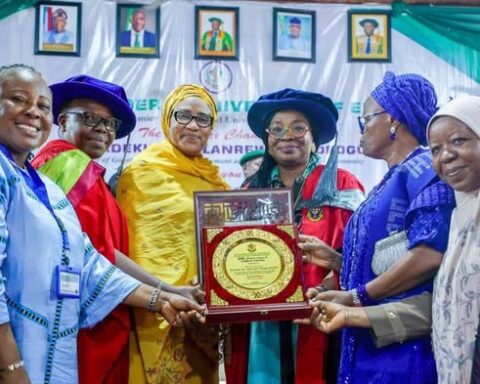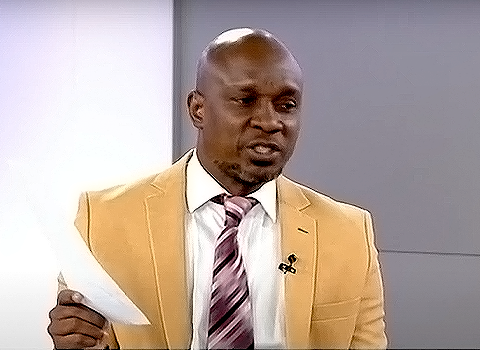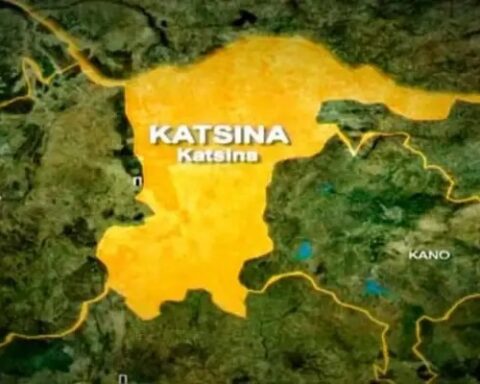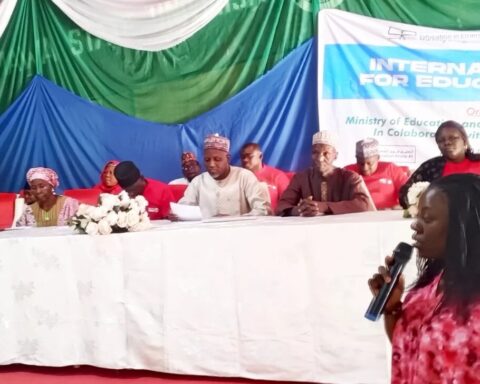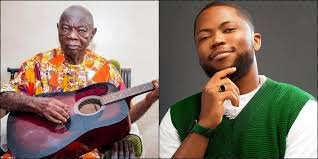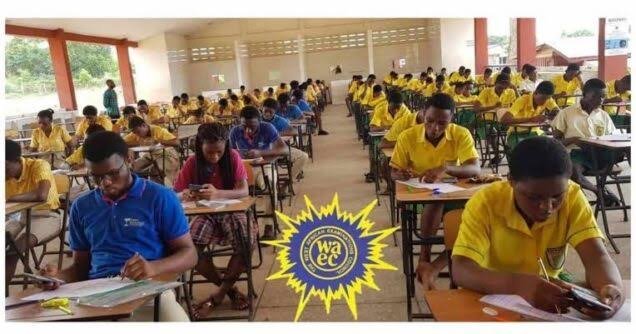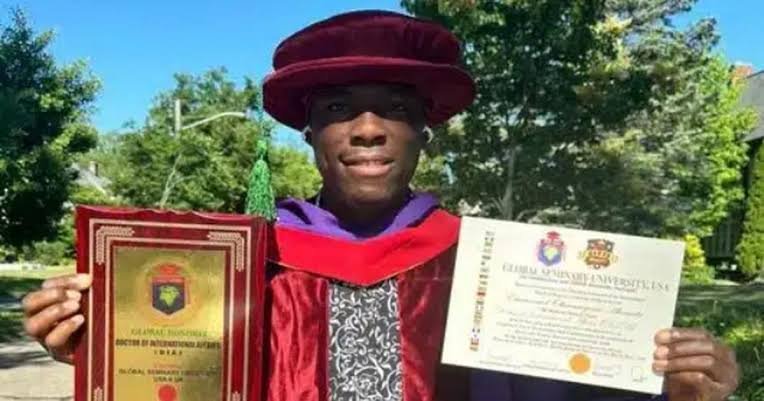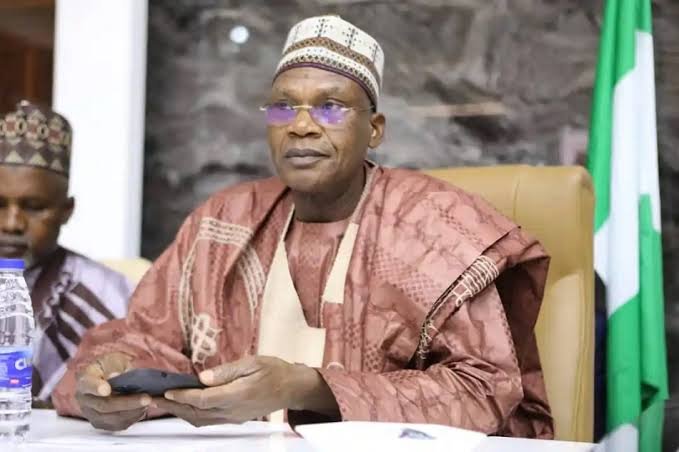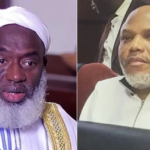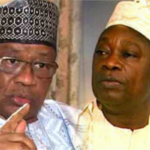Let me lean a little on the Sports Desk to glance at the recent decision by the Federal Government to remove Mathematics as a compulsory requirement for admission into arts and humanities courses. This renewed-hope Jagabanic spot kick has stirred passionate debate.
Critics warn that the move threatens Nigeria’s intellectual foundation and digital future. However, such arguments—while well-intentioned—are rooted in an overly rigid and traditional understanding of education.
In truth, this policy is not an assault on reasoning or progress but an overdue step toward a more inclusive, balanced, and talent-driven education system.
Mathematics Is Valuable, But Not Universal
Mathematics indeed sharpens logic and precision, but it is not the sole gateway to critical thinking. History, literature, philosophy, critical theological studies, and the arts also cultivate reasoning, analysis, and pattern recognition—often through more contextually relevant methods.
Great thinkers like William Shakespeare, Chinua Achebe, Wole Soyinka, and George Orwell did not need algebra or calculus to shape human thought. Their mastery lay in words, ideas, and emotions—not in numbers.
Likewise, musical geniuses such as Fela Anikulapo-Kuti and Bob Marley changed the world without mathematical formulas. Picasso and Leonardo da Vinci redefined creativity through visual insight, not numerical equations.
To insist that Mathematics is necessary for all disciplines is to misunderstand human intelligence as one-dimensional. Creativity and logic are multi-lane highways—Mathematics is one route, not the only .
One million gbosas to Asiwaju.
Follow us on all social media platforms @dailyquery for news and analyses around the globe.

